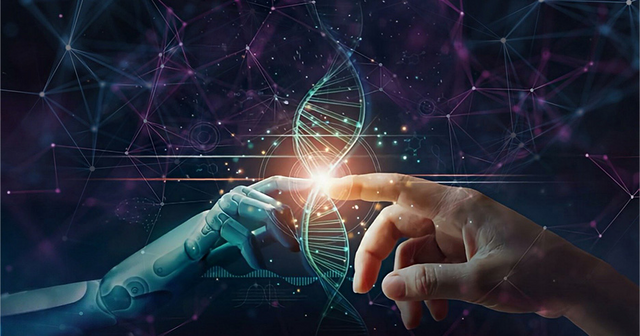Artificial intelligence (AI) is reshaping healthcare in many ways, making it an essential development in the field. It's not just about machines doing jobs faster or more efficiently; it's about making real differences in people's lives.
The significance of AI in healthcare is deeply human at its core. It's about giving healthcare professionals the tools they need to provide better care and giving patients a better chance at a healthy life. Whether it's through more accurate diagnostic tools, personalized medicine, or making healthcare more accessible to underserved communities, AI is making healthcare more about the individual.
Why introduce AI in Healthcare?
Precision
AI can assist in performing highly precise medical procedures with utmost accuracy.
Efficiency
AI can work around the clock without requiring shift changes or breaks
Safety
AI can help prevent the spread of disease by working with dangerous, hazardous, or infectious materials. in place of humans.
Cost Effectiveness
AI can cut costs for health institutions by handling tasks that were previously only handled by humans.
Improved Diagnostics and Outcomes
AI can help improve patient diagnosis and lead to shorter hospital visits and faster patient recovery.
Risks of AI in Healthcare
As with many forms of technology, AI comes with its risks as well. A significant issue is how biases within AI algorithms could mirror and magnify societal inequalities, affecting those already on the fringes with less access to quality care. Another poignant issue is the potential dilution of the interpersonal patient-doctor relationship, as screens and devices become mediators in what is essentially a human connection. Moreover, the safety of patient confidentiality is at risk, with the digitalization of health records increasing the vulnerability to cybersecurity attacks. Additionally, cybersecurity attacks can also affect AI powered robots and potentially lead to malpractice. These issues highlight the critical need for a compassionate and ethical approach to integrating AI in healthcare, ensuring it serves to enhance, not undermine, the deeply personal essence of medical care.

